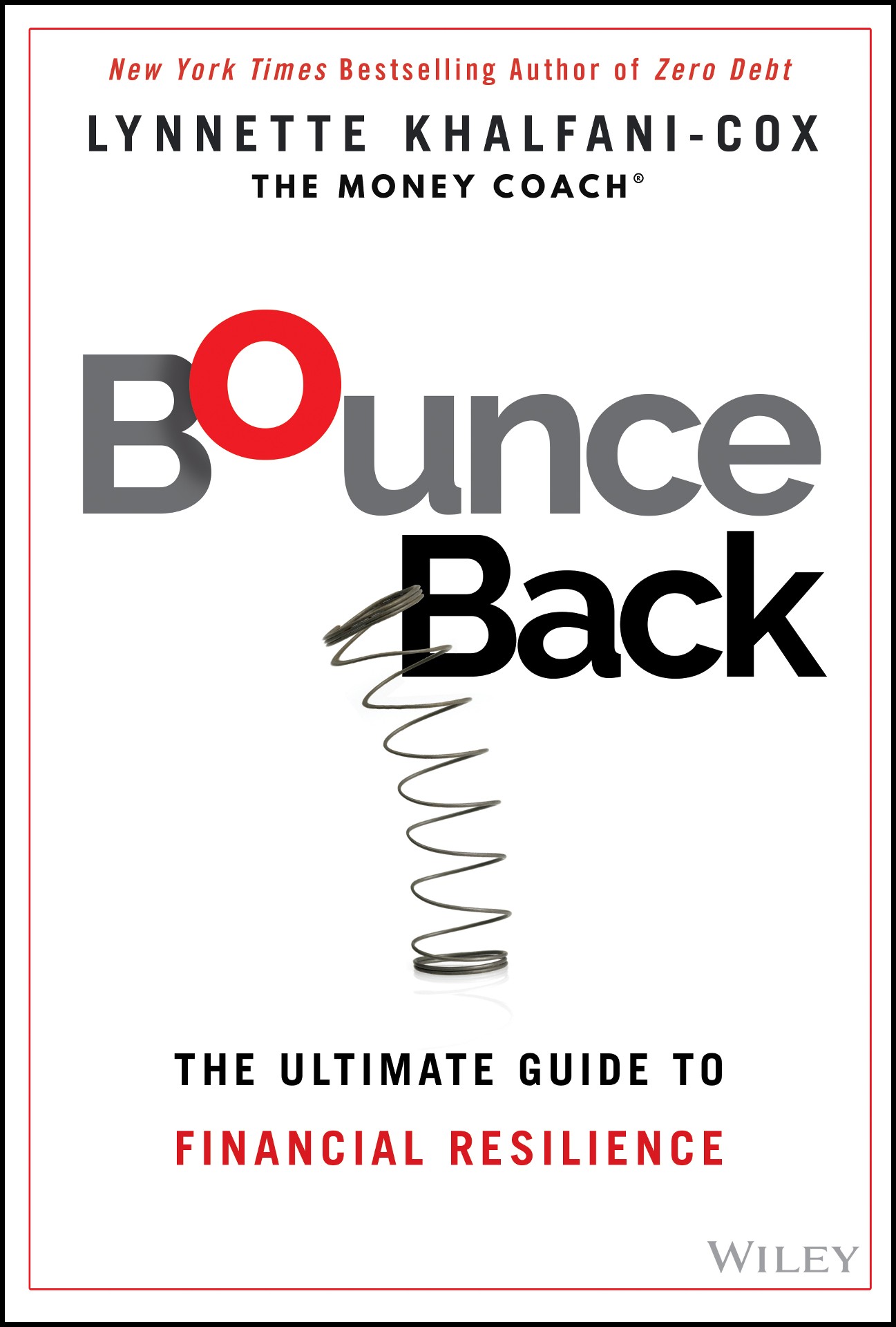In times of job loss, managing expenses becomes a critical aspect of maintaining financial stability and navigating the challenges of unemployment. Lynnette Khalfani-Cox, in her book “Bounce Back,” provides valuable insights and practical strategies to help individuals immediately address their financial situation after losing a job. This blog post delves into ten suggested answers from the book on how to effectively manage expenses during a period of job loss, offering actionable steps to guide individuals towards financial resilience and stability.
- Review and Adjust Your Budget: The first step in managing expenses after losing a job is to review and adjust your budget. By examining your current financial situation and creating a revised budget based on your new circumstances, you can identify areas where spending can be reduced. Prioritizing essential expenses while cutting back on non-essential items is crucial to conserving resources during this transitional period.
- Apply for Unemployment Benefits: One immediate source of financial support after job loss is to apply for unemployment benefits. Lynnette Khalfani-Cox emphasizes the importance of filing for these benefits as soon as possible to provide a temporary source of income while searching for new employment. Understanding your state’s requirements and the application process is essential to access this financial assistance.
- Build or Maintain an Emergency Fund: Building an emergency fund to cover at least three months’ worth of living expenses is a proactive step towards managing expenses during unemployment. This fund serves as a financial safety net, helping individuals navigate periods of job loss and effectively manage their finances.
- Cut Back on Non-Essential Expenses: Reducing discretionary spending on non-essential items such as dining out, entertainment, or luxury goods is crucial to conserving financial resources during a job loss. Prioritizing essential expenses like housing, utilities, and food ensures that your budget is aligned with your immediate needs.
- Prioritize Debt Repayment: Focusing on paying off debt that may be impacting your cash flow is a key aspect of managing expenses after losing a job. Prioritizing debt repayment can alleviate financial stress and improve your overall financial situation during this challenging period.
- Explore Freelance or Gig Work: Considering freelance or gig work as an alternative source of income can help individuals generate additional funds while searching for a new job. Exploring these opportunities enables individuals to manage expenses effectively and maintain financial stability during unemployment.
- Consider Temporary or Part-time Employment: Exploring temporary or part-time employment options provides individuals with the opportunity to supplement their income and cover essential expenses. Temporary work can offer financial support during a job loss and contribute to effective expense management.
- Negotiate with Creditors: Proactively reaching out to creditors to discuss payment options or negotiate temporary arrangements is essential if you are facing financial difficulties after losing a job. Effective communication with creditors can help individuals manage expenses and avoid defaulting on payments.
- Seek Professional Financial Guidance: Consulting with a financial advisor or counselor for personalized advice on managing expenses during job loss can provide valuable insights and guidance. Professional financial guidance enables individuals to navigate financial challenges and make informed decisions about their finances.
- Stay Proactive and Positive: Maintaining a proactive attitude towards managing expenses and staying positive during this challenging time is crucial for financial resilience. By taking control of your financial situation, seeking support, and exploring income-generating opportunities, individuals can effectively manage their expenses after losing a job.
Summary: The insights and strategies from “Bounce Back: The Ultimate Guide to Financial Resilience” by Lynnette Khalfani-Cox offer a roadmap for individuals to immediately manage their expenses after experiencing job loss. By implementing these ten suggested answers, individuals can take proactive steps towards financial stability, navigate the challenges of unemployment, and work towards building resilience in the face of financial setbacks. Managing expenses effectively during a period of job loss is essential for maintaining financial well-being and setting the foundation for a secure financial future.










